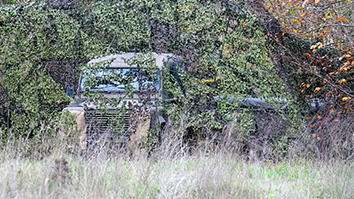Citation
Sharit, J.; Hernandez, M. A.; Czaja, S. J.; Pirolli, P. L. Investigating the roles of knowledge and cognitive abilities in older adult information seeking on the Web. ACM Transactions on Computer-Human Interaction. 2008 May; 15 (1): article 3.
Abstract
This study investigated the influences of knowledge, particularly Internet, Web browser, and search engine knowledge, as well as cognitive abilities on older adult information seeking on the Internet. The emphasis on aspects of cognition was informed by a modeling framework of search engine information-seeking behavior. Participants from two older age groups were recruited: twenty people in a younger-old group (ages 60-70) and twenty people in an older-old group (ages 71-85). Ten younger adults (ages 18-39) served as a comparison group. All participants had at least some Internet search experience. The experimental task consisted of six realistic search problems, all involving information related to health and well-being and which varied in degree of complexity. The results indicated that though necessary, Internet-related knowledge was not sufficient in explaining information-seeking performance, and suggested that a combination of both knowledge and key cognitive abilities is important for successful information seeking. In addition, the cognitive abilities that were found to be critical for task performance depended on the search problem’s complexity. Also, significant differences in task performance between the younger and the two older age groups were found on complex, but not on simple problems. Overall, the results from this study have implications for instructing older adults on Internet information seeking and for the design of Web sites.


